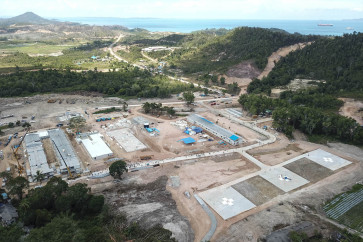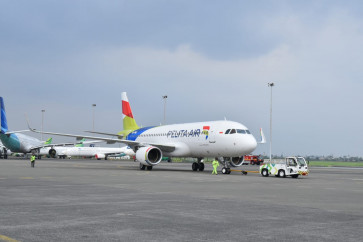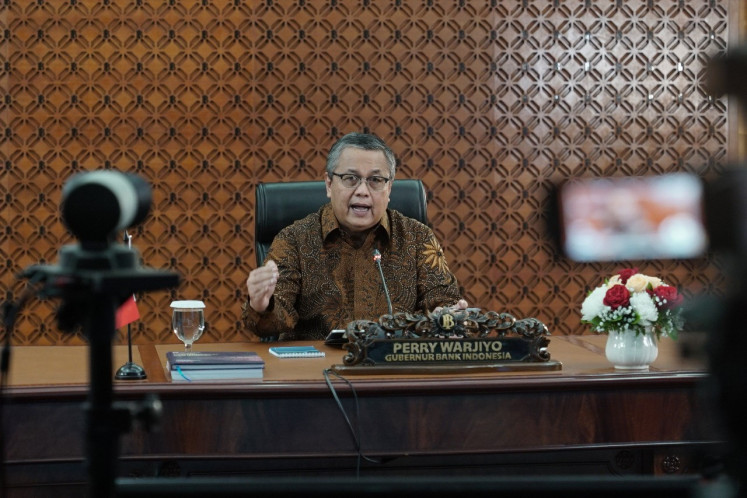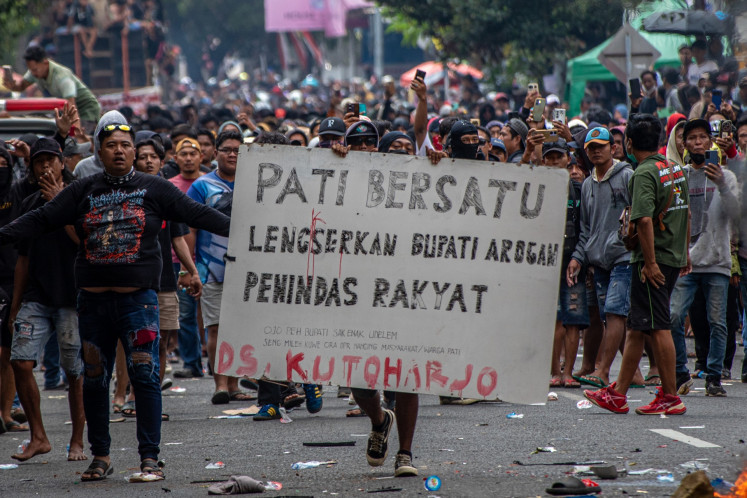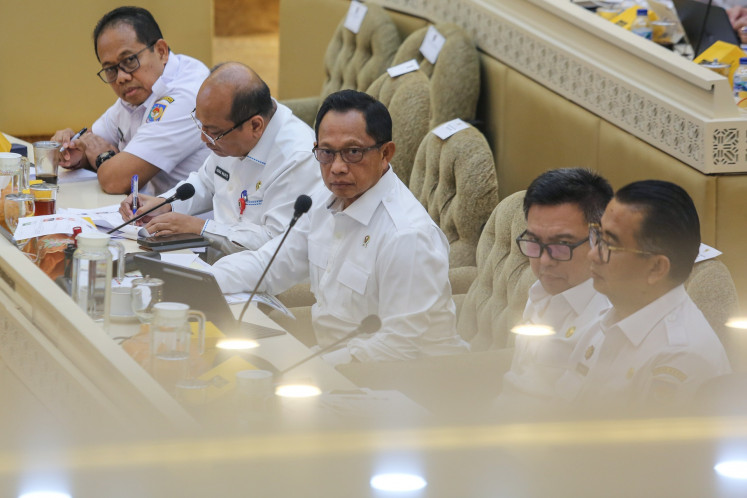Popular Reads
Top Results
Can't find what you're looking for?
View all search resultsPopular Reads
Top Results
Can't find what you're looking for?
View all search resultsExpert calls for revamping of Jakarta’s kampung
Developing kampung (urban villages) could be an alternative solution to the urban housing problem in Jakarta, home to more than 10 million people
Change text size
Gift Premium Articles
to Anyone
D
eveloping kampung (urban villages) could be an alternative solution to the urban housing problem in Jakarta, home to more than 10 million people.
The University of Indonesia (UI) architect Gunawan Tjahjono said kampung serve as an example of inclusive living as they are places where all classes of people are welcome.
Gunawan underlined that a kampung is not necessarily a slum, noting its historic value as a remnant of colonialism and a melding point for different cultures. The Betawi culture in Jakarta has been built on kampung living.
Gunawan presented his argument as part of his ideas to redefine urban landscapes and urbanization trends at a seminar hosted by the Tanoto Foundation on “Urbanization, Urban Housing and Housing Finance in Indonesia: Lessons Learned and Critical Thoughts to Move Forward” in Jakarta on Monday.
The seminar was held in collaboration with the Wharton School of the University of Pennsylvania, US, and UI’s Urban and Housing Development Postgraduate Program.
The architect noted that kampung rebuilding had been implemented under the leadership of Jakarta Governor Ali Sadikin from 1966 until 1977.
Ali’s kampung improvement program, known as the Mohammad Husni Thamrin Program, aimed to improve infrastructure, not necessarily the individual houses of kampung residents.
The program gained local support as well as support from world renowned organizations, such as the World Bank and the Aga Khan Trust for Culture. The city administration should improve Ali Sadikin’s program, Gunawan said. “What needs to be retained is the spirit of the kampung, especially in maintaining sociocultural values because it has potential as a solution to the urban housing problem, as it had been implemented in the past.”
To develop the plan, the government should record kampung land areas, improve infrastructure and legalize land status by issuing a new spatial plan. Banks must also play a role and prepare financial arrangements, specifically for kampung.
The infrastructure itself could be improved over time, he continued, saying that land consolidation and readjustment could be implemented to suit the community.
He said as density in kampung areas intensifies, their residents could mutually agree on developing infrastructure to accommodate the increasing population.
Issues of legality should take an adaptable approach, such as an agreement of commitment among residents not to sell their homes for several years as infrastructure improvement continues.
“In this instance, space and intensity should be commonly agreed upon and the government should support the process and project funding,” Gunawan said.
The process would ensure the bond between community members is retained, he added.
However, in acknowledging problems that are endemic to kampung, such as poor sanitation, vulnerability to the spread of diseases, house fires along with other hazards, Gunawan argued that such issues were not unique to kampung, as high-rise residential complexes could also present similar risks. The most important issue is to minimize the causes of these issues while retaining the sense of community present in kampung.


